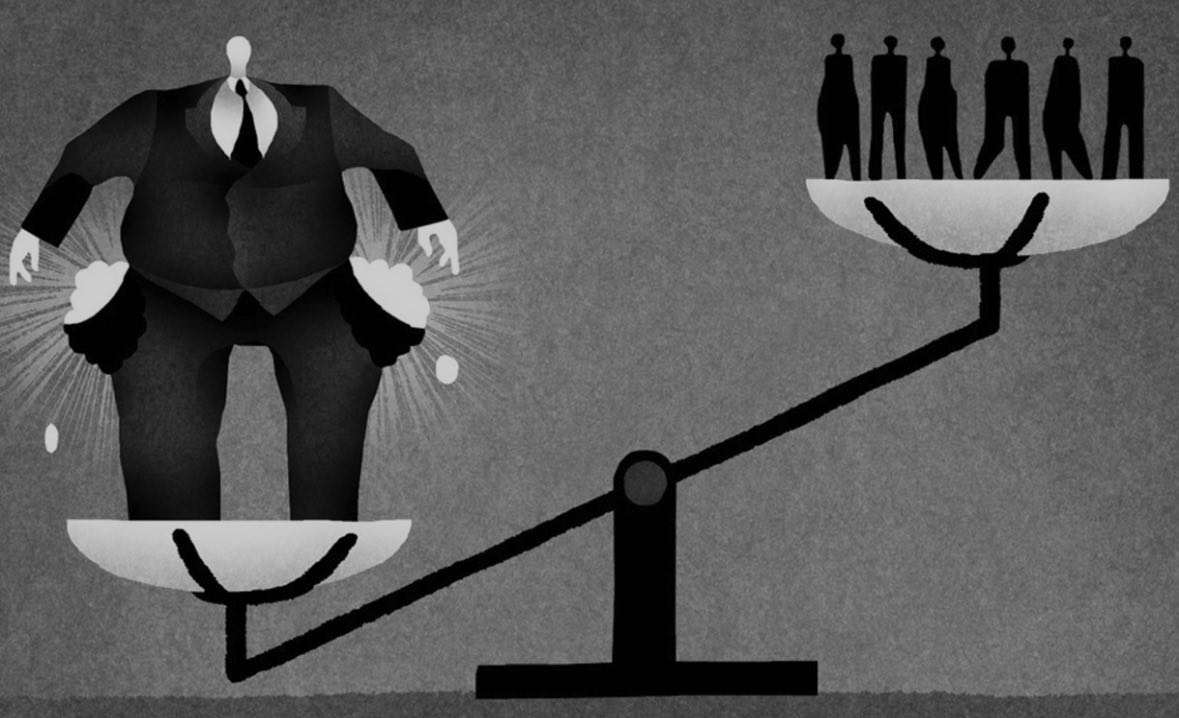The Ironclad Immunity of Offspring of Officials
The Ironclad Immunity of Offspring of Officials
Imagine if on the morning of May 25, 2025, instead of the child of the Deputy Speaker of Parliament, it was an ordinary citizen driving a car that, after driving the wrong way and resisting law enforcement, collided with a traffic police colonel and injured him. How would the police and judicial system have reacted towards him? Would he have been able to legally and quickly get released on bail?
This question highlights the public’s sensitivity toward the accident involving the Deputy Speaker’s child and the traffic police colonel, a sensitivity that is indeed very precise and indicates a notable sense of legal discrimination in society.
This means that society feels it has lesser rights and legal standing compared to influential individuals and their relatives.
However, aside from legal issues, this situation is neither justifiable from a religious or jurisprudential perspective nor politically in line with the principles and demands of the public.
At one time, the political leaders of the Islamic Republic advised system officials that Islamic system officials must consider themselves servants of the people and avoid seeking privileges and arrogance. If we are to break the law, what can we expect from others?
On the surface, this statement can be considered one of the foundations of modern legal governance, referencing the elimination of feudal relations and legal equality between political officials and citizens. But, like many other slogans, it was merely an empty promise.
According to Article 607 of the Islamic Penal Code, any insult, offense, or resistance against government officials, including law enforcement officers, during the performance of their duties is considered a crime.
The punishment for this crime includes imprisonment from three months to one year, or flogging up to 74 lashes, or a fine. If the offense involves assault and battery, the punishment is intensified.
Under Article 614 of the Islamic Penal Code, intentional assault and battery can lead to imprisonment from three months to one year and payment of blood money, depending on the severity of the injuries.
If the assault results in severe injuries or the death of the officer, it may fall under the rules of intentional murder or injury as per Articles 290 to 302 of the Islamic Penal Code, which could lead to punishments like retribution or long-term imprisonment.
The point is that assaulting a law enforcement officer during their duty has a public aspect due to the violation of public order and government authority.
Even if the complainant gives consent, the public aspect of the crime, such as the imprisonment or flogging foreseen in Article 607, can still be pursued, and the prosecutor is obligated to pursue the case on behalf of society.
This public aspect is especially pronounced in cases where the crime is accompanied by public disorder or societal security disturbance, and the complainant’s consent cannot close the case. Therefore, even if the injured traffic police colonel consents, according to the law, the Deputy Speaker’s child’s actions still warrant judicial review.
In the collective memory of society, numerous instances of serious law enforcement actions and warnings against certain behaviors remain vividly present, especially since all those actions were carried out under the banner of authority and countering the undermining of police dignity.
Just like the confrontations in the realm of hijab, which were so harsh and aggressive that they amounted to bullying and violence.
The blow that an official’s offspring deals to the dignity of the police and social justice, backed by familial influence, can be far greater than that of criminal groups and thieves.
Such an incident not only reduces social capital and public trust in the police but also has a far more damaging impact on the institution itself.
The failure to apply the law precisely and fairly in such cases sends a message of organizational non-support for officers in enforcing the law to the police force.
One of the reasons for the relative success of the police in recent months in their dealings with criminal groups and similar missions was that law enforcement officers were assured of comprehensive support from their commanders while performing their duties against offenders.
The lack of thorough follow-up on what happened on the morning of May 25, 2025, severely undermines this confidence when facing influential figures and their relatives.
Both maintaining public trust in the police and the internal requirements of this institution demand that we witness firm stances, transparent reports from official sources on the matter, the possibility of independent investigation and reporting by the media, fair judicial proceedings without leniency, and unmediated explanations from the Deputy Speaker of Parliament.
The position of the police and public trust in legal justice are not things that can be sacrificed for an official’s offspring or even the position and future of his father. In powerful legal systems, we have often seen higher-ranking and more important officials lose their positions and futures due to a violation or mistake, and this is one of the most important things modern legal governance seeks.
That is, a place where the law, as a covenant and public agreement of society, can hold the most powerful individuals accountable for the smallest violation or privilege, and there is no room for extralegal influence. This is a significant test for the country’s law enforcement officials and also for the Deputy Speaker of Parliament, who claims to be revolutionary, to see if they will adhere to the claims and slogans they make during each election season.

